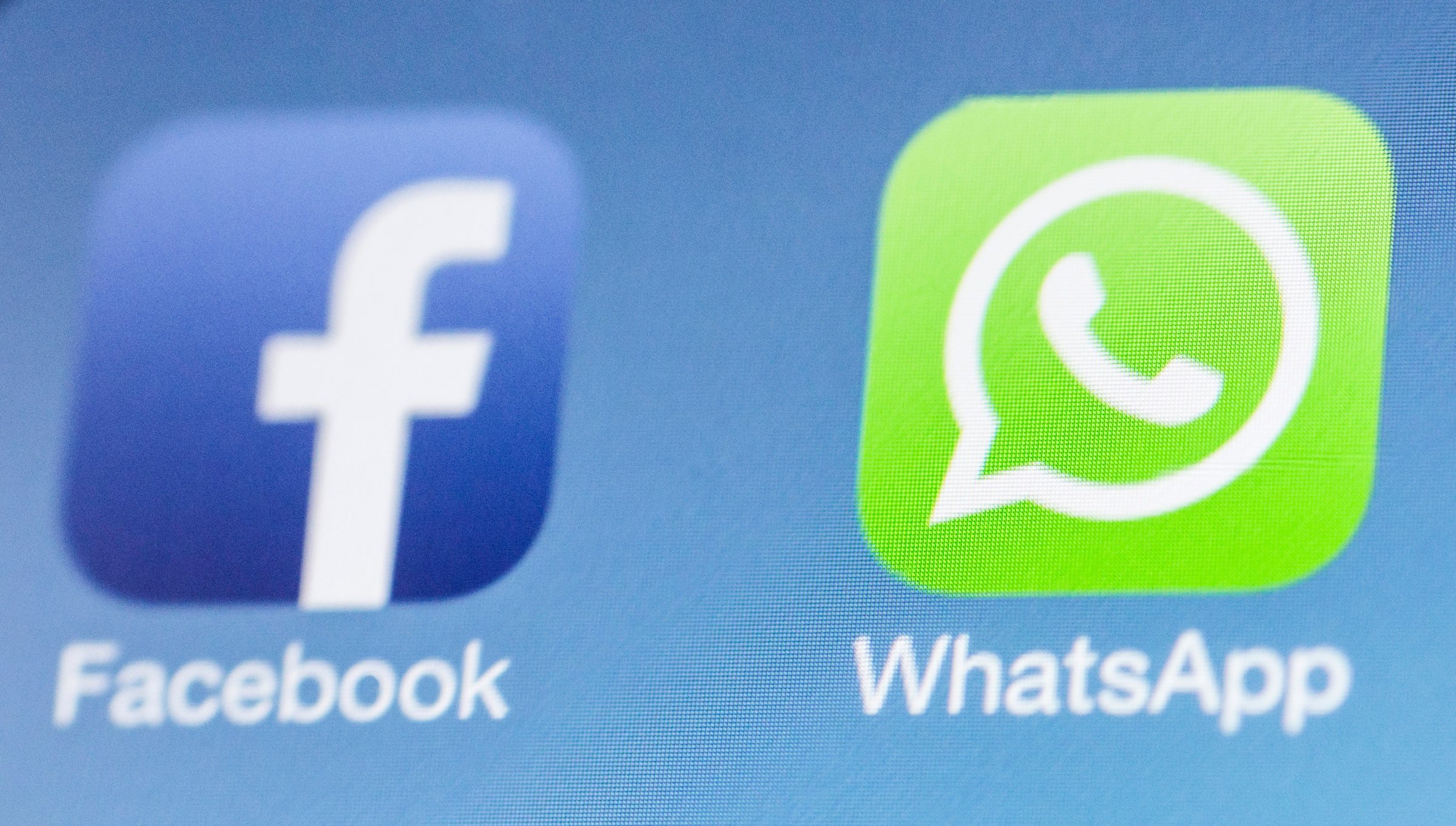
Facebook’s pricey purchase of WhatsApp, which closed at a whopping $21.8 billion, turned heads earlier this year because few thought the startup was making much money. Turns out, WhatsApp has actually been losing money. A lot of it.
The mobile messaging platform, which had 450 million users when the acquisition was announced, posted a loss of $232 million in the first six months of 2014, according to a new Securities and Exchange Commission filing. The company’s primary revenue source is a $0.99-per-year subscription fee that only kicks in after the first year of use — the app doesn’t show users any ads. Apparently that fee doesn’t amount to much—WhatsApp generated $15 million in revenue in the first half of 2014, according to the SEC filing.
Most of the company’s massive loss came from stock sales and issuing stock options to employees, but even when just accounting for day-to-day operational activities, the company doesn’t make money. WhatsApp had a net loss of $139 million on revenue of about $10 million last year.
Facebook CEO Mark Zuckerberg, of course, knew all of this before busting out his checkbook. Still, Zuckerberg’s not at all apologetic about spending such a large sum on such a tiny business. “This may sound a little ridiculous to say, but for us, products don’t really get that interesting to turn into businesses until they have about 1 billion people using them,” he said Tuesday during a quarterly earnings call with Facebook investors. “Once we get to that scale, then we think that they will start to become meaningful businesses in their own right.”
This Is What Your Facebook Profile Looked Like Over the Last 11 Years
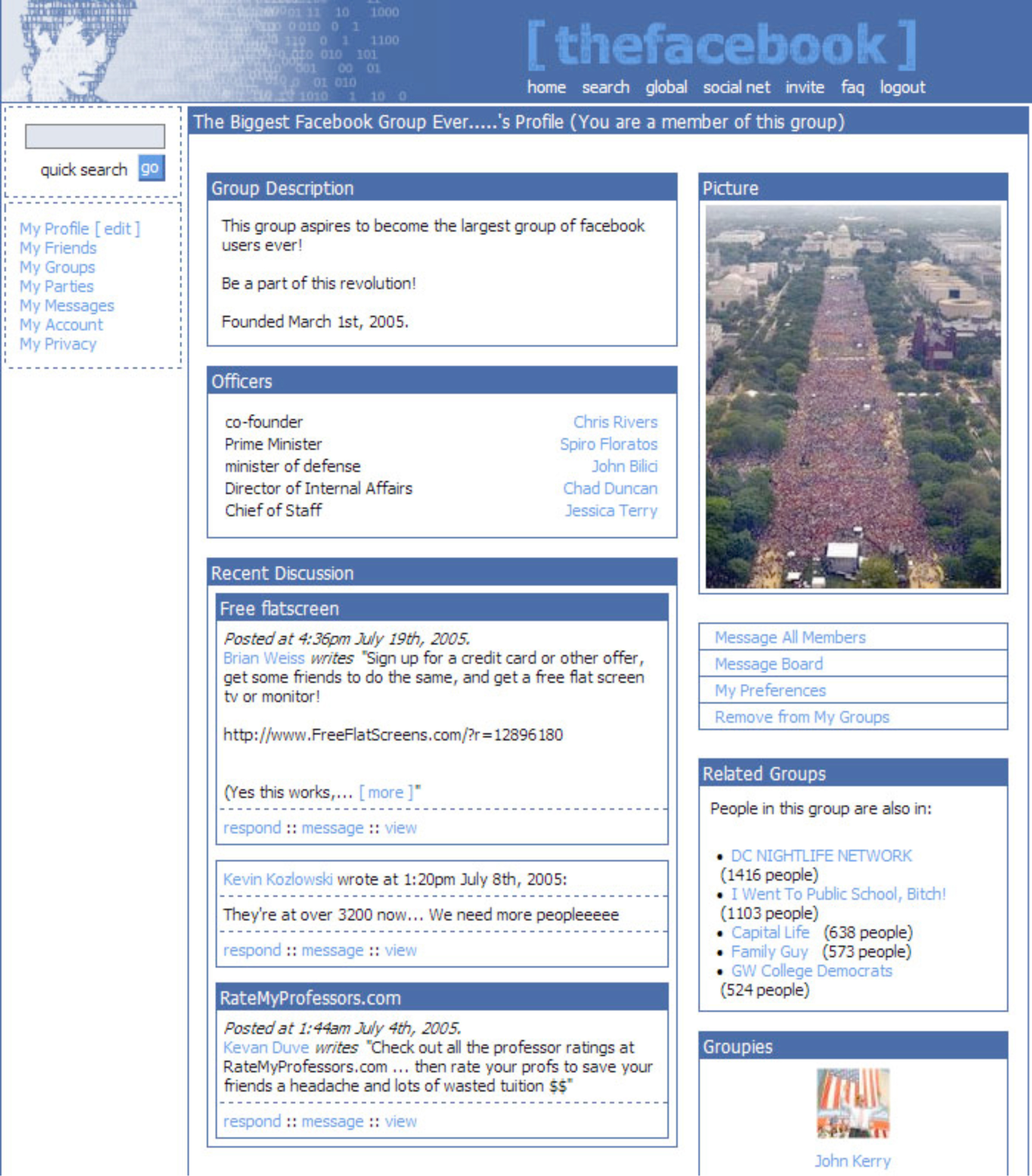
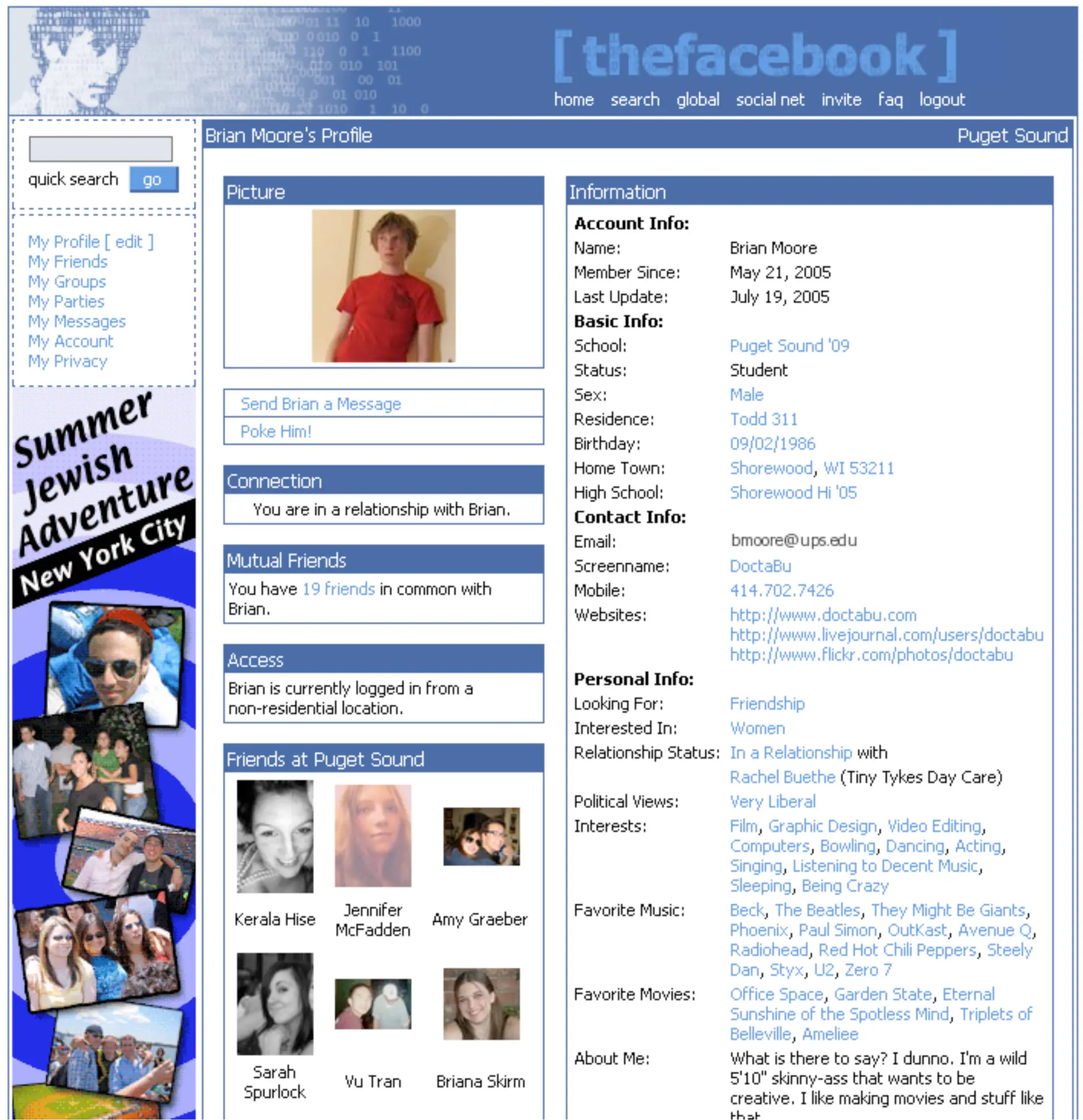
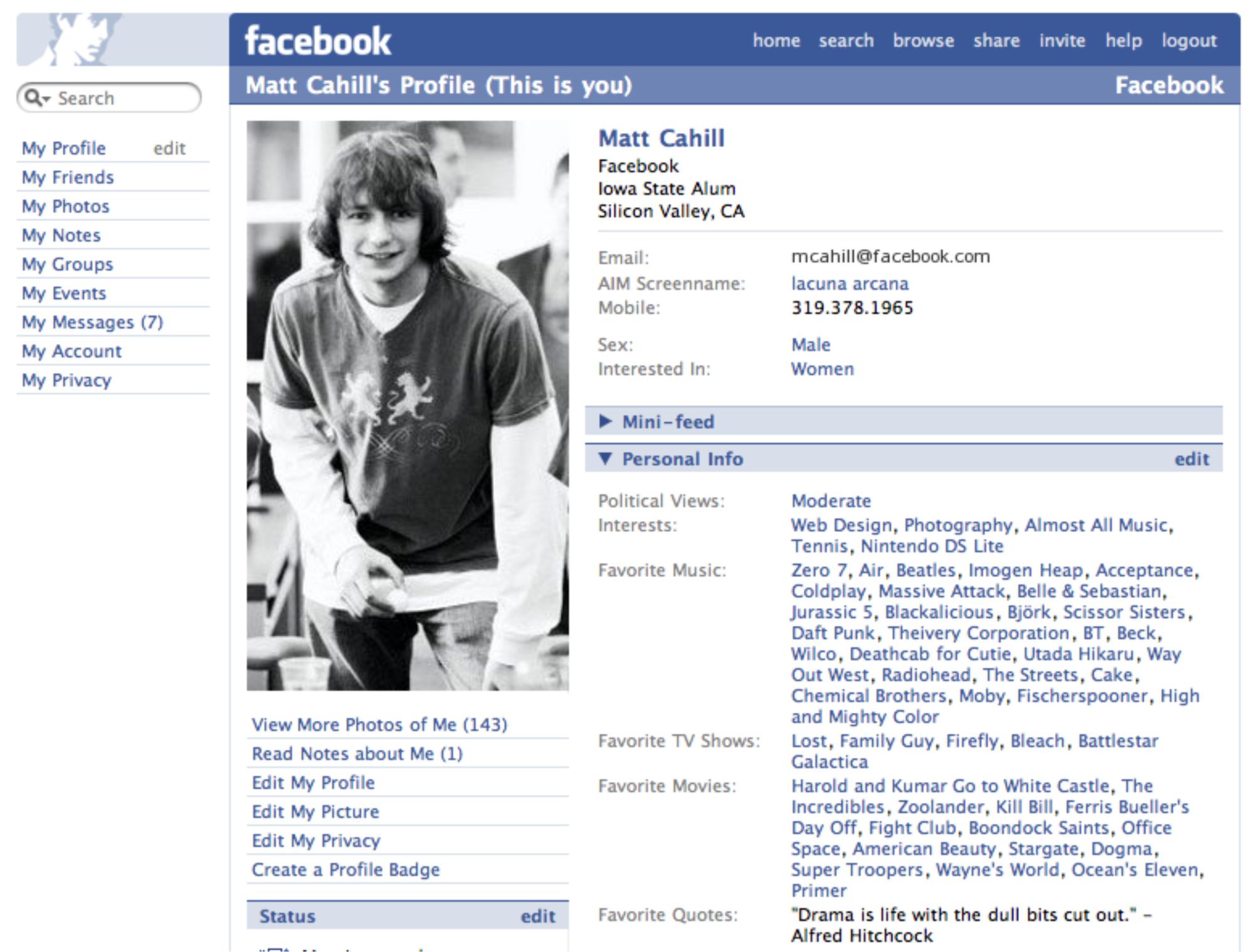
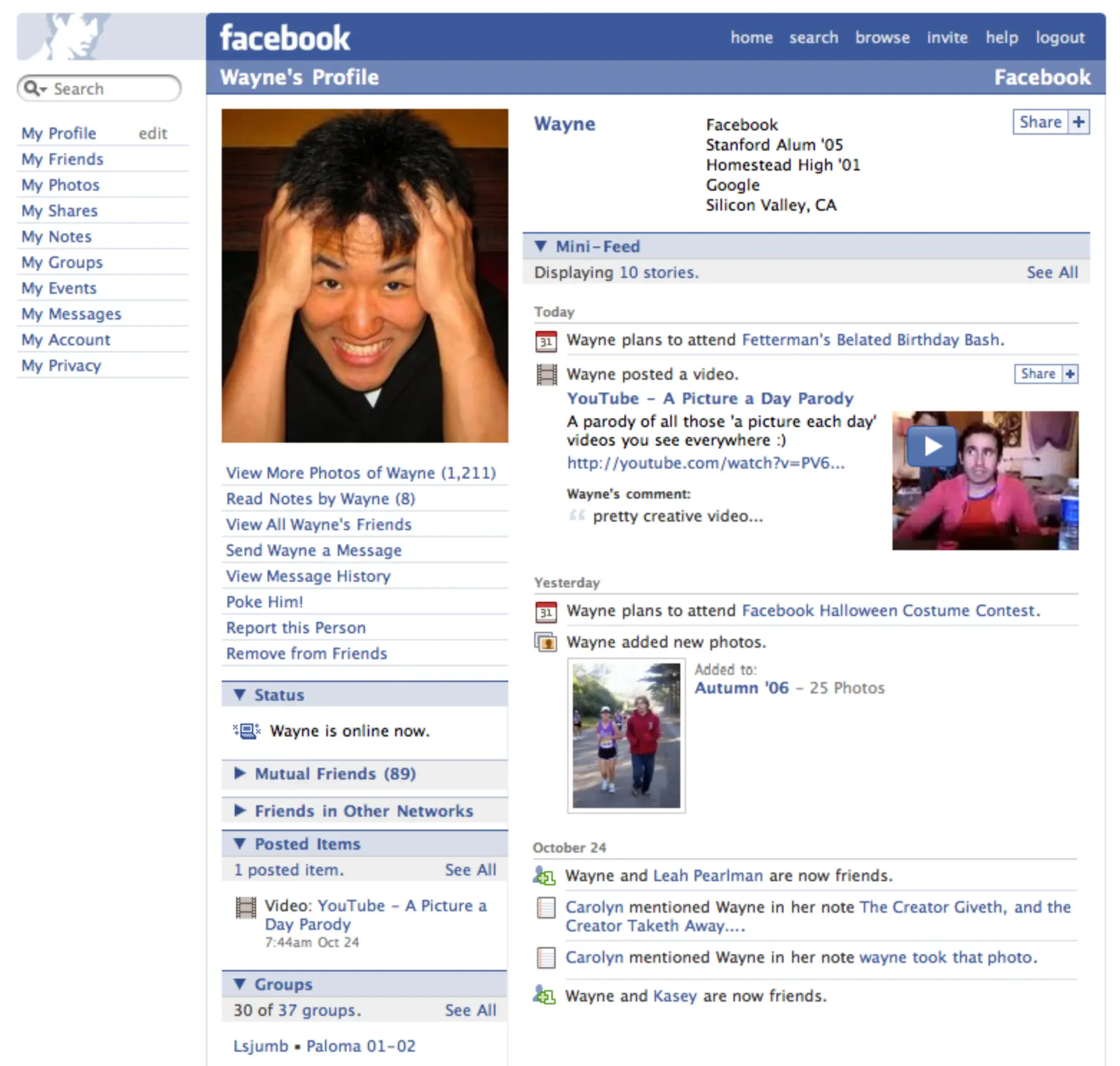
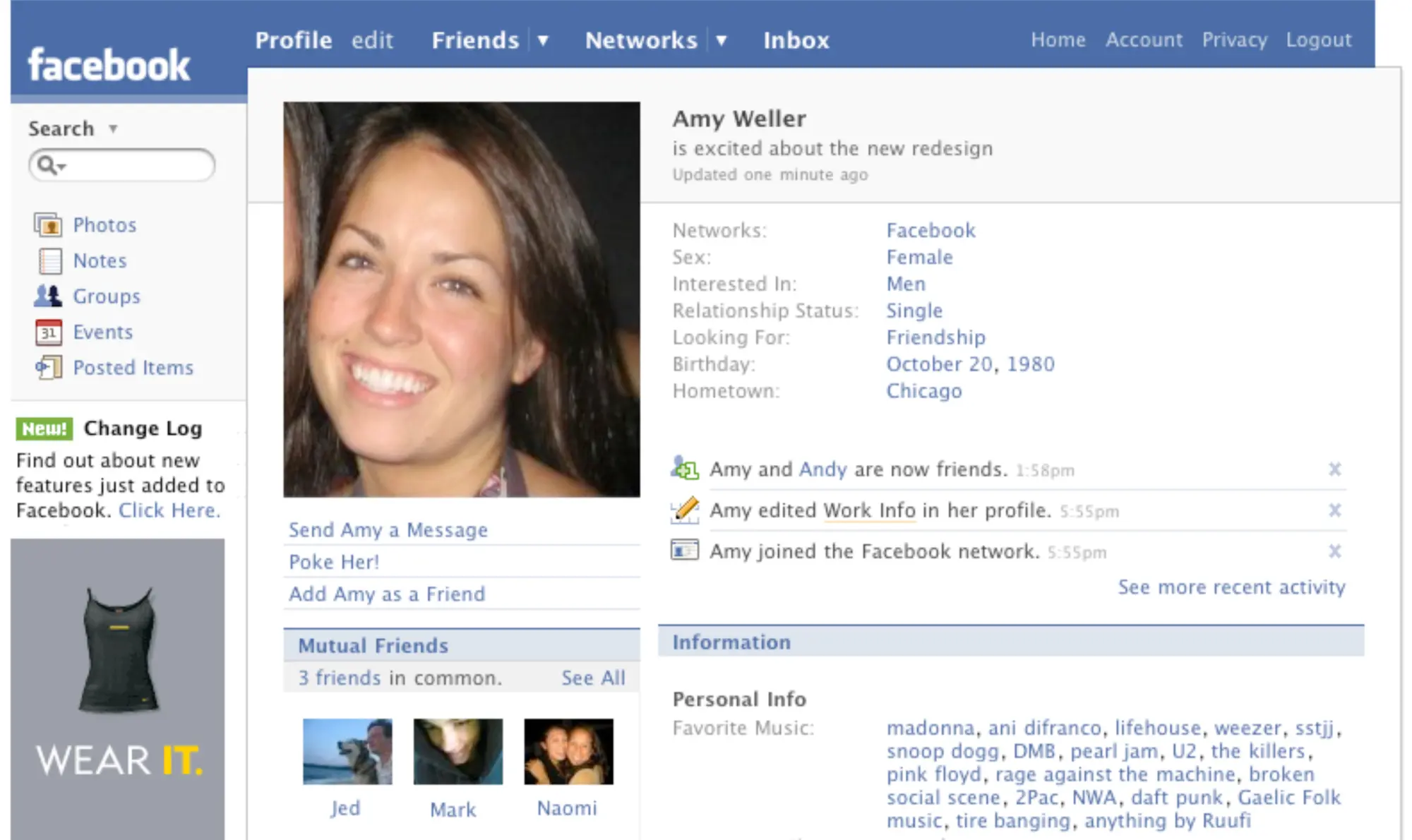
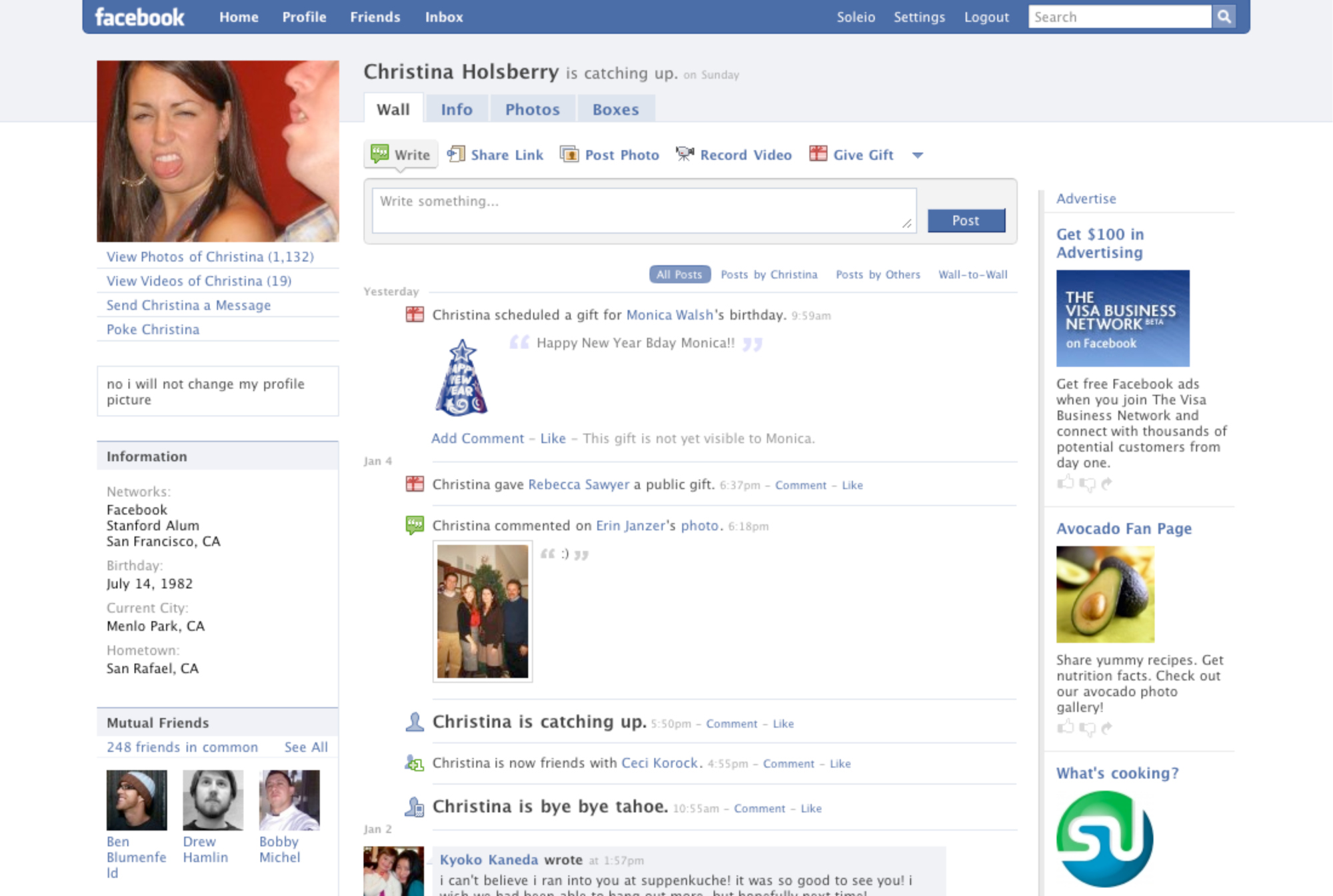
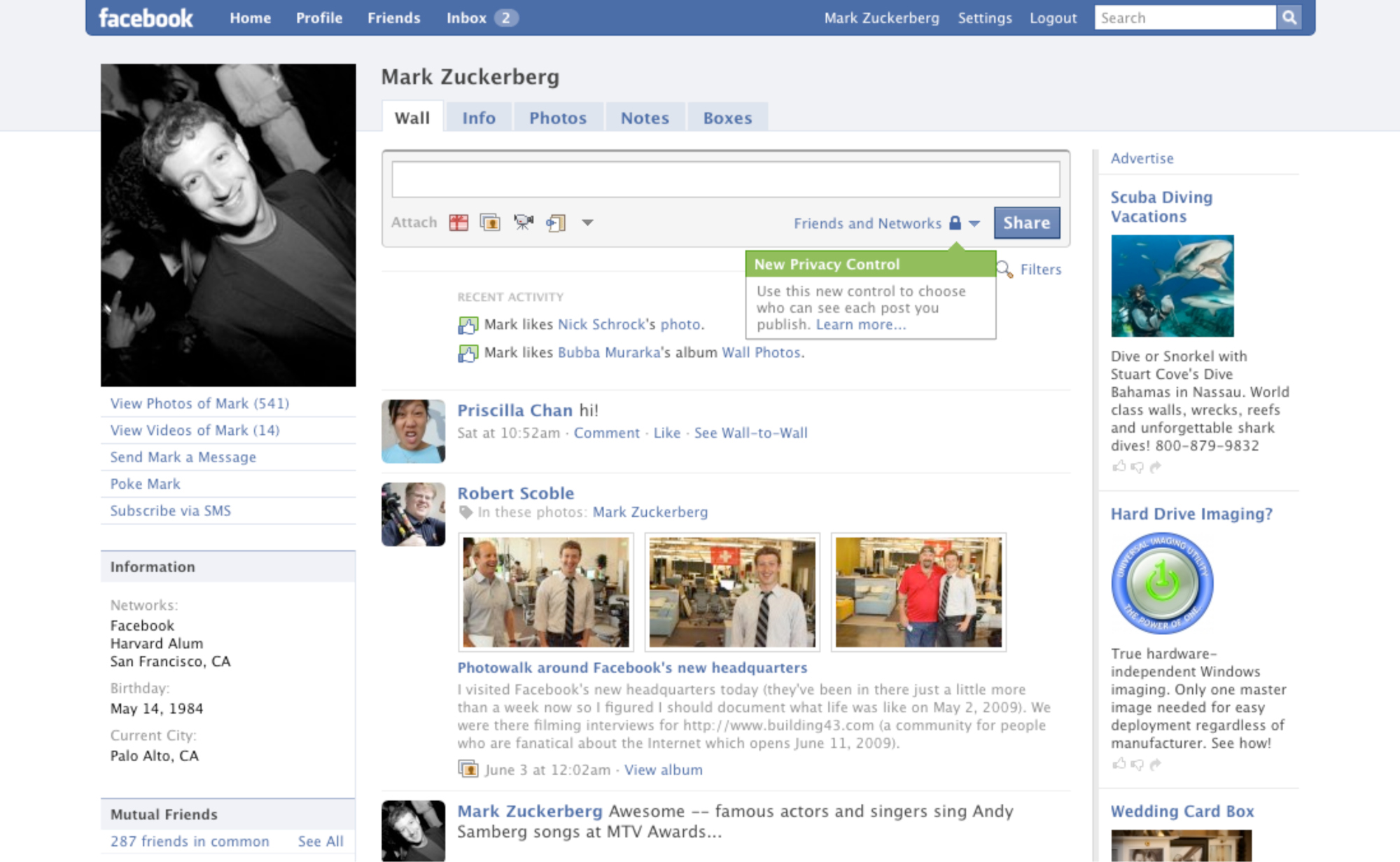
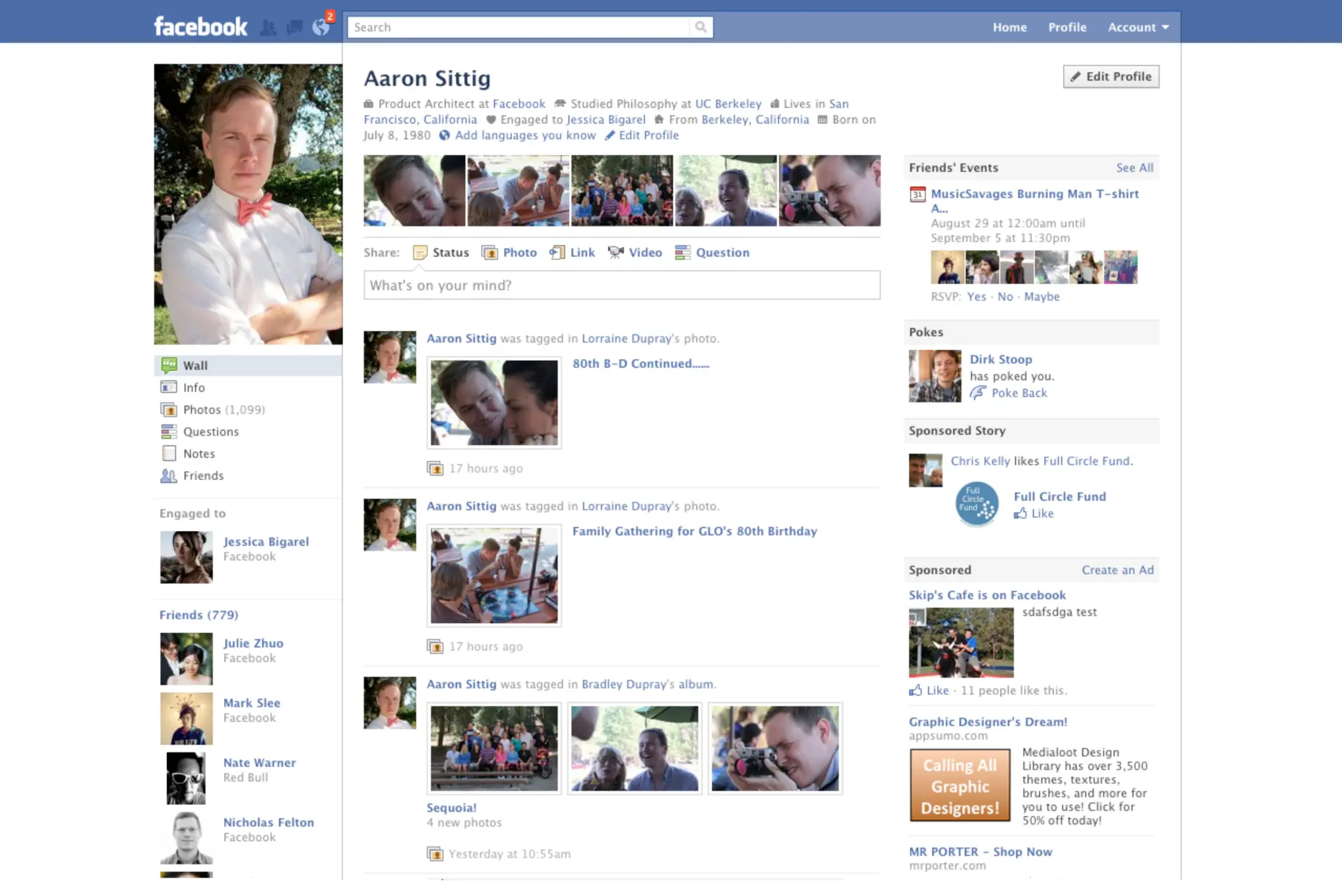
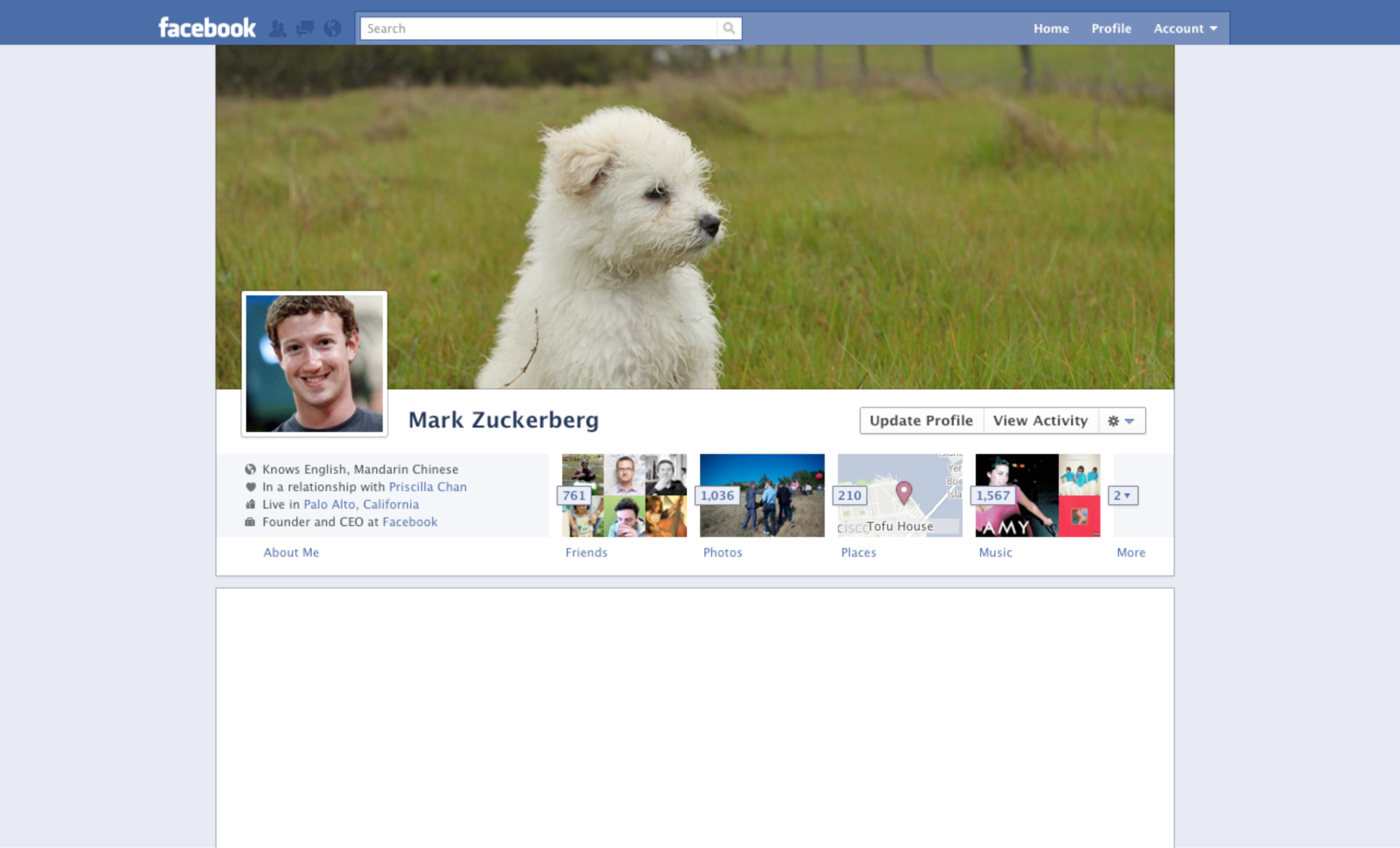
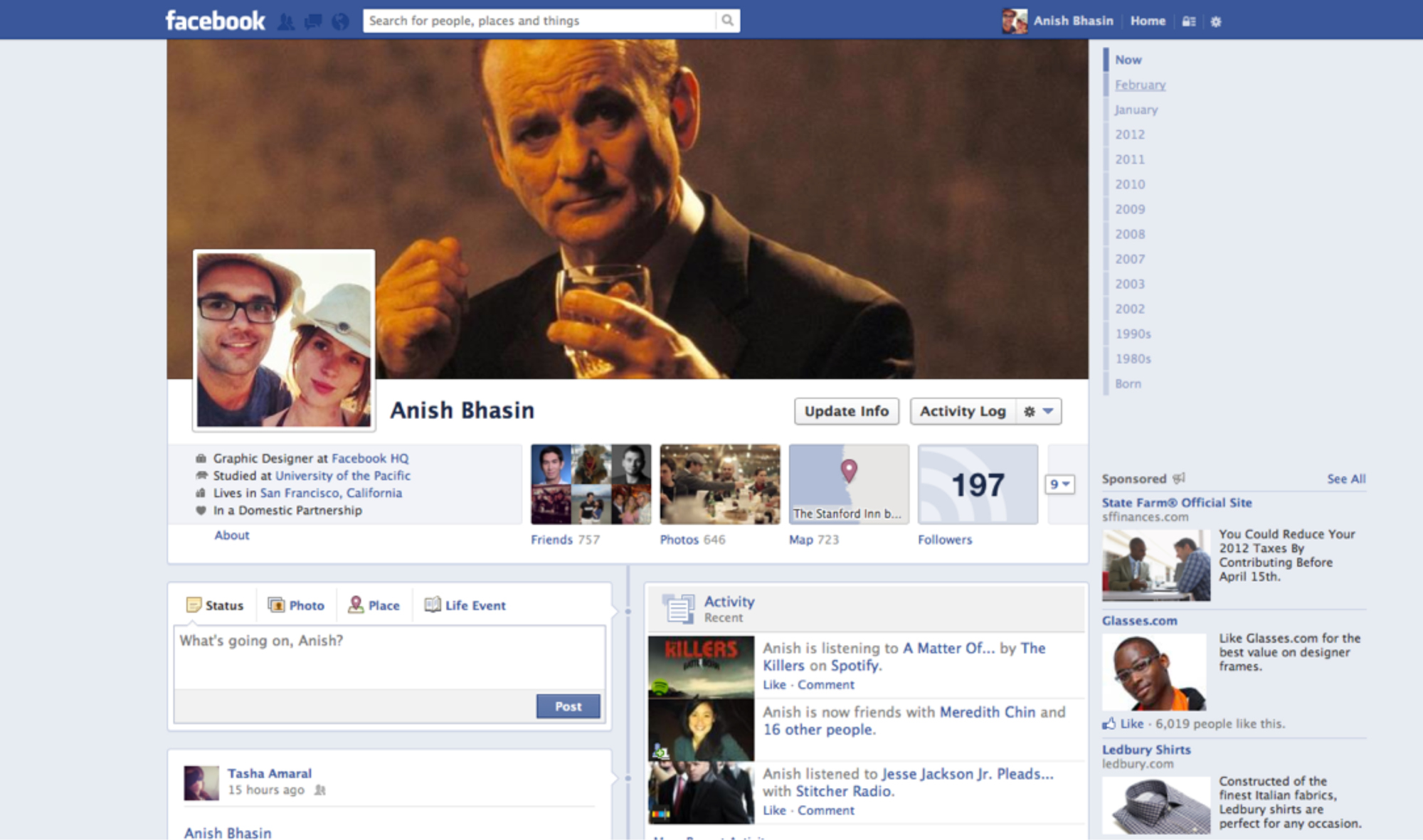


In addition to WhatsApp, Zuckerberg noted Instagram and Facebook’s search function as platforms that have the potential to reach one billion users and become huge money faucets. And he emphasized that Facebook is planning to make more big-ticket bets in the future. The company shocked investors when it said on that Tuesday call that its expenses will increase by as much as 70% year-over-year in 2015 because of a ramp-up in staff and, most likely, acquisitions. Facebook’s shares slipped more than 6 percent on the news.
In some ways, Zuckerberg’s willingness to spend huge sums barging into new sectors echoes Jeff Bezos’s plan to expand Amazon’s reach into an increasingly broad set of categories, like movie streaming and smartphones. The difference is Facebook has built a robust and still-growing advertising business that constantly defies Wall Street’s expectations, so it has room to roam. The social network’s ambitions will only grow from here.
Read next: This Is the Single Craziest Number in Facebook’s Earnings Report
More Must-Reads from TIME
- Cybersecurity Experts Are Sounding the Alarm on DOGE
- Meet the 2025 Women of the Year
- The Harsh Truth About Disability Inclusion
- Why Do More Young Adults Have Cancer?
- Colman Domingo Leads With Radical Love
- How to Get Better at Doing Things Alone
- Michelle Zauner Stares Down the Darkness
Contact us at letters@time.com